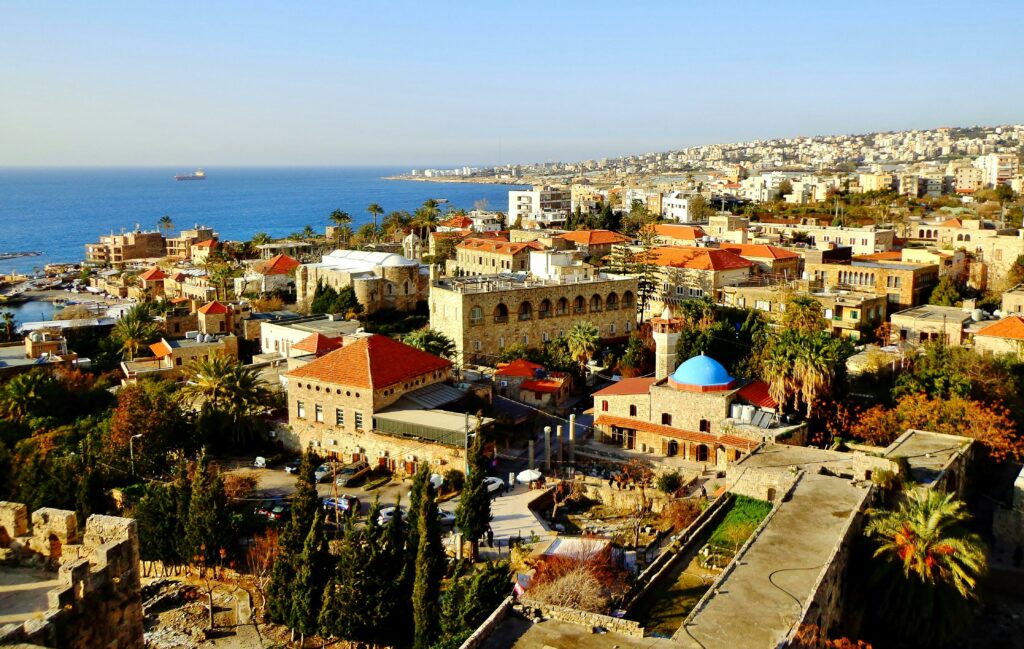![]()
The Human Development Index (HDI) is a key indicator used to measure a country’s overall development. The index takes into account three fundamental dimensions: health, measured by life expectancy at birth; education, assessed by school enrollment and educational attainment; and standard of living, based on gross national income per capita. Lebanon, a country located at the crossroads of several civilizations and cultures, has an HDI that ranks it among the countries with high human development, but this position hides significant challenges.
Evolution of the HDI in Lebanon
Lebanon has long been considered a regional leader in human development, notably thanks to its advanced education system, relatively well-developed health care, and a dynamic economic sector, largely driven by services and foreign investment. However, in recent years, the country has faced numerous economic and political challenges that have affected its human development indicators.
Lebanon’s HDI, while still high compared to other countries in the region, has declined due to the economic, political and social crises that have shaken the country in recent years. The civil war (1975-1990), internal political tensions, the massive influx of Syrian refugees since 2011 and, more recently, the economic crisis that began in 2019 have undermined the progress made in the fields of education, health and general well-being.
1. Education in Lebanon
Lebanon has traditionally been recognized for the quality of its education system. The country has many internationally renowned higher education institutions, such as the American University of Beirut (AUB) and Saint Joseph University (USJ). The literacy rate is very high, over 90% in the adult population. Girls also have better access to education compared to many other countries in the region.
However, the education sector has come under pressure, particularly due to the influx of Syrian refugees, who have overburdened public schools. In addition, the economic crisis has affected families’ ability to pay school fees, and several private schools have had to close. Inequalities in access to education are also marked by differences between urban areas (such as Beirut) and rural areas, where educational infrastructure is less developed.
2. Health in Lebanon
Lebanon has a relatively advanced health sector for the region, with health coverage that provides a good level of care, especially in large cities. Life expectancy is high, at around 80 years, reflecting the quality of medical care in the country.
Nevertheless, the Lebanese health system faces significant challenges. Health infrastructure has been strained, particularly due to the economic crisis and the influx of refugees. In addition, corruption and lack of public funding have affected the quality of care in some areas, making access to quality healthcare unequal across regions and social classes.
3. Lebanon’s Standard of Living and Economy
Lebanon has experienced periods of economic prosperity thanks to its banking, tourism, and trade sectors. However, in recent years, the country has experienced a severe economic crisis, marked by a rapid devaluation of the Lebanese pound, soaring inflation, and a devastating explosion in Beirut in August 2020. These events have significantly affected the standard of living of the Lebanese, who have seen their purchasing power decline, and a large number of people have fallen into poverty.
The crisis has also exacerbated social and regional inequalities. While the capital Beirut and other major cities have better infrastructure and services, rural areas suffer more from a lack of economic opportunities and limited access to basic services.
4. Social and Political Challenges
Lebanon faces major political challenges, with governance marked by chronic instability, corruption, and a widespread crisis of trust between citizens and their leaders. These problems have hampered the implementation of necessary reforms in various sectors, including education, health, and infrastructure.
The country also faces challenges related to Syrian refugees, who represent about a quarter of the Lebanese population, putting enormous pressure on public resources and social services.
Conclusion
Lebanon is a country whose HDI is still relatively high by regional standards, but the current situation shows worrying signs of regression. Recent economic, political, and social crises have had devastating effects on the living conditions of the population, and the country must overcome these challenges to maintain its status as a high human development country. Structural reforms and a return to political stability will be crucial to improving Lebanon’s HDI in the years to come.

